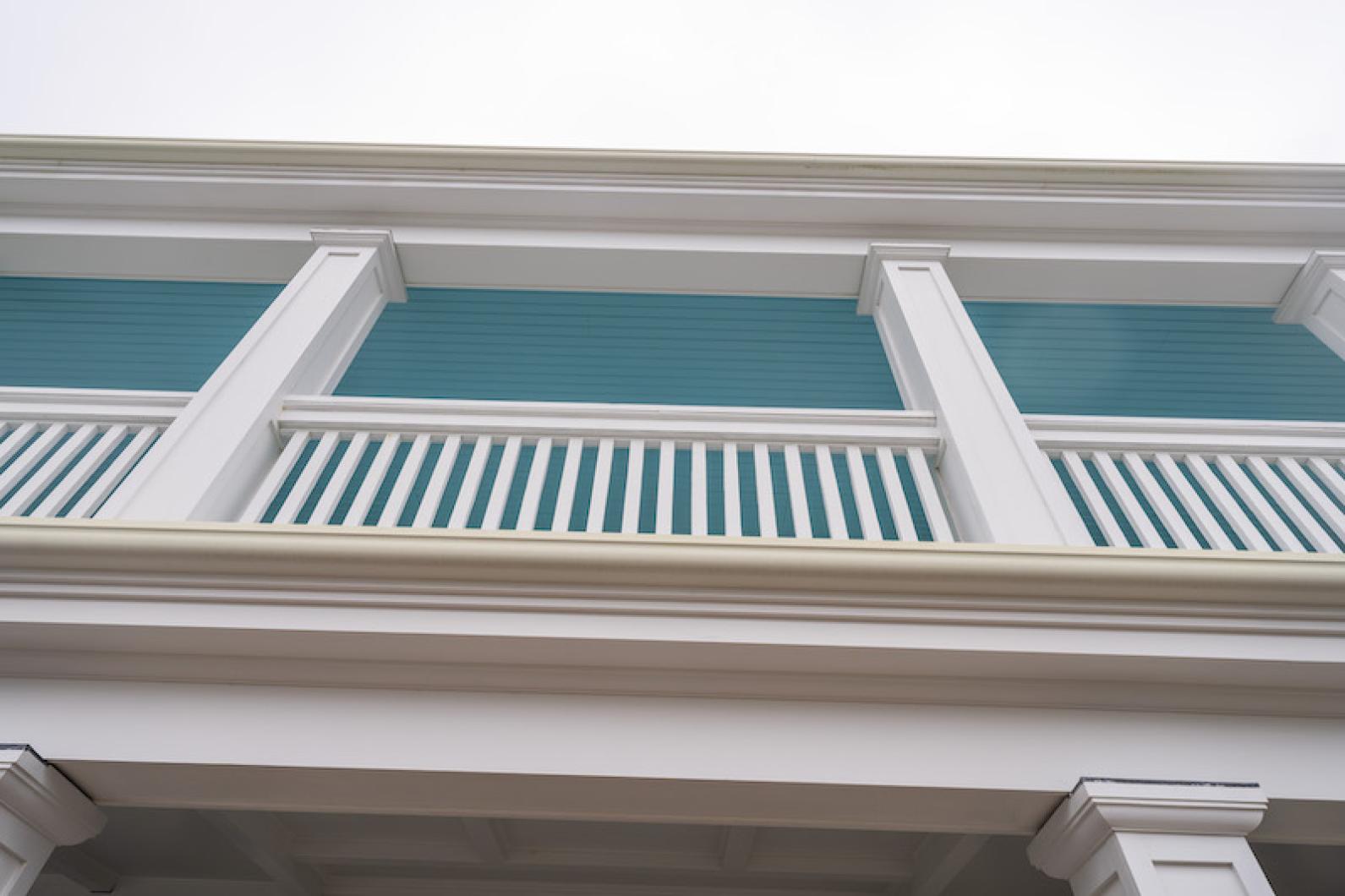The Martha’s Vineyard Commission has adopted a new demolition policy for historic buildings as it rethinks its role in preserving the diverse architecture that is a hallmark of the Island’s history.
“It is the commission’s policy that historic buildings on Martha’s Vineyard should be preserved to the greatest extent possible, and that demolition should be considered only as an extreme last resort,” the policy reads in part.
Adopted last Thursday night, the new policy is the work of an eight-member commission subcommittee and has been under discussion for months. In the past year the MVC has seen a flood demolition requests, reviewing six requests alone in the past six month with varying outcomes. A hearing is set for next month on another demolition request at 7 Arlington avenue in Oak Bluffs.
An inventory done by the policy subcommittee found that roughly 60 per cent of historic buildings lie outside designated historic districts, and are not subject to review by town historic commissions.
Commission review is required for buildings that are 100 years old or listed in MACRIS, the state database of historic buildings.
“We are taking the premise that all buildings, no matter what condition, can be rehabilitated,” said commissioner Michael Kim, who served on the subcommittee that developed the policy.
The policy asks applicants to consider five alternatives to demolition, which include preserving, rehabilitating, restoring, relocating or rebuilding the existing structure. Demolition will be considered only once all alternatives are exhausted. Ideally multiple alternatives would be proposed, said commissioner Fred Hancock, who gave a presentation on the policy.
“A solution in many cases would involve parts of all four solutions, perhaps maybe even all five. It doesn’t have to be a single solution,” Mr. Hancock said.
A small language change in the policy speaks to the overall goal, Mr. Hancock said. Previously, applications were called demolitions, while now they are called demolitions and alterations.
“Our preference is for people not to demolish, but to try these alternatives,” Mr. Hancock said.
The policy also gives the commission the option to seek the advice of independent experts to peer review any part of a proposal.
“[It is] so that we’re not just relying on the applicant’s testimony about the physical condition of the structure,” Mr. Hancock said.
A scoring system will help commissioners evaluate the historical significance of the building. Factors for consideration include the building’s age, condition, historic designation and association with important people or events. A higher score means the building is historically significant, but scores will not be tallied as part of the commission’s decision, Mr. Hancock said. Instead they are meant to be a tool to help guide thinking.
“It’s not a hard and fast rule, but I think it’s helpful to have some idea where a project falls on this sort of continuum,” Mr. Hancock said.
There have been recent instances where historic buildings have been demolished without MVC approval, which Mr. Hancock chalked up to a lack of awareness on the part of town architects and building inspectors. The commission plans to host information sessions with Island building inspectors, architects and real estate agents to educate and create awareness about the new policy.
“It’s not demolition. It’s preservation that the commission cares about,” commissioner Christina Brown said.
The vote to adopt the policy was 13-1 with one abstention. Commissioner Brian Smith voted against the policy while commissioner Trip Barnes abstained. Commissioners Kate Putnam and Joan Malkin were not present for the vote.
In other business Thursday, commissioners closed a public hearing on a proposal from Main Street Medicinals to convert a former auto repair shop into a marijuana dispensary on Mechanic’s Street in Vineyard Haven. As with the first public hearing, traffic continued to be a point of discussion.
The commission also continued to another session a public hearing on the proposed redevelopment and expansion of the former Edu Comp building in Vineyard Haven. Developer Xerxes Agassi wants to convert the distinctive red brick building at the head of Main street into residential condominiums and some commercial space. Revisions discussed last week centered on landscaping, parking and draft lease arrangements for renting the apartments to Vineyard Wind and the Martha’s Vineyard Hospital.
In his report to commissioners at the start of the meeting, executive director Adam Turner praised climate change planner Liz Durkee for her work leading the climate action week activities around the Island.
He also said there are currently 30 active applications for developments of regional impact (DRI) in various stages of review.
“It’s a very busy time,” Mr. Turner said.







Comments (12)
Comments
Comment policy »